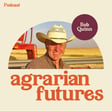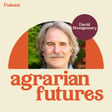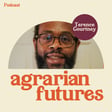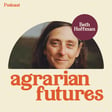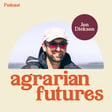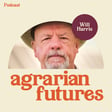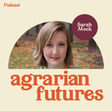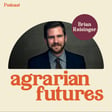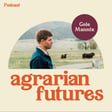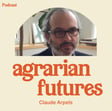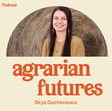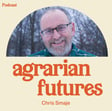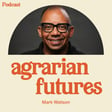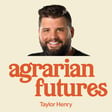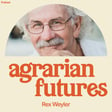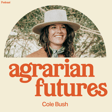
Modern Horse Logging with Daphné Rose Courtés
In our increasingly technology-driven and urbanized culture, who hasn’t fantasized from time to time about getting out of the hustle and bustle, moving to the woods, and reconnecting with the natural world? Today we’re joined by Daphné Rose Courtés a horse logger in rural Quebec who has done exactly that.
In this conversation, Daphné gave us a picture into the day to day life of her and her horse, Fred, which showcases a true agrarian lifestyle in 2024. She is an inspiring example of someone who has followed their own intuition and embraced difficult, but fulfilling work back on the land.
In this episode, we cover:
- How Daphné found her way from Paris to working as a horse logger in Quebec
- Finding the beauty in both rural and urban life
- Exploring her close bond with her horse, Fred
- The importance of finding a good mentor
- The ecological benefits of horse logging vs conventional
- The challenges of being one of the few woman horse loggers
- The horse logging community and how they welcomed in Daphné into their ranks
- How someone could get into horse logging themselves
- And much more...
More about Daphné:
Daphné was born and raised in Paris and she started riding horses at a very young age. After moving to Quebec, she did a three year program in growing organic fruits and this is how she met Paul Chaperon and his family during an internship. He became her mentor and gave her the opportunity to use horses everywhere on a farm. From doing loose hay, logging, seeding, plowing and much more, it revealed her passion for working horses. She started her own small-scale logging business after buying one of her mentor’s horses, Fred. Using a single horse, the goal of her new project is to harvest wood in an ecological and thoughtful way.
Interested in learning more about horse logging? Check out the Draft Animal Power Network's podcast here.
Agrarian Futures is produced by Alexandre Miller, who also wrote our theme song.
